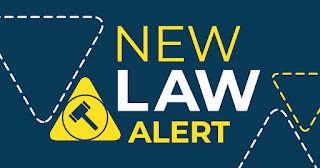With the foreclosure and eviction moratoriums coming to an end in January 2022, New Yorkers are about to feel pinched in their housing costs, which may turn into utility billing issues.
New Yorkers just received increased rights and
beginning on December 8, 2021, utility companies are prohibited from engaging
in harassment, oppression, or other abuses towards residential customers in
connection with deferred payment agreements and the collection of unpaid
balances.
Bill A3359 was signed by
Governor Hochul on November 8, 2021 and amends §53-a of the Public
Service Law.

















